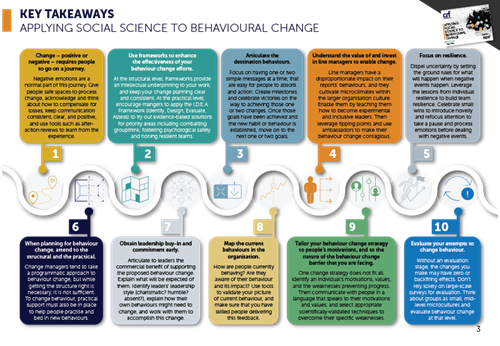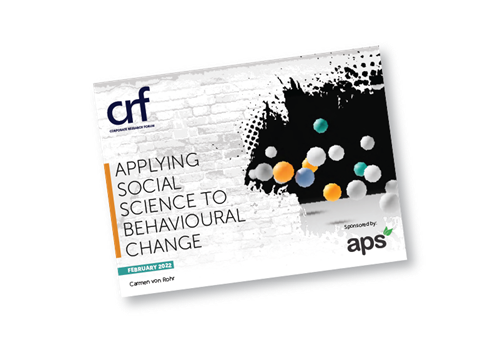
Many organisations are focused on behaviour change as they consider the leadership requirements in the new hybrid working environment that is emerging from the pandemic.
With remote working, the need for agility, coupled with strong levels of engagement, means that the status quo is not the answer. Getting people to let go of existing ways of operating and embrace new ones can be challenging. Leaders who understand and consider the motivations that people have will help accelerate this behaviour change.
There needs to be a motivation to change. There also needs to be self-awareness!
Understanding what behaviour, the organisation needs from leaders is essential for effective recruitment, and in promoting and developing the right people. The challenge is to shift away from overly charismatic leadership and instead spot talented people who may be more humble; these are the people who can help drive engagement and productivity in those they lead. Those more humble leaders may be hiding in plain sight.
HR leaders should understand the science behind behaviour. They have a key role in creating the right culture and conditions for change within the organisation. Knowing what good looks like and then being able to objectively assess this is essential. Providing effective feedback is also critical. Do leaders fully appreciate the impact they are having on the culture and climate around them? Disruptive, or overly self-oriented, behaviour may be easier to spot than ‘laissez-faire’ leaders who simply let their teams and others get on with it, avoiding performance discussions, failing to offer feedback and/or failing to provide clear direction.
Both disruptive and absentee leadership have negative implications for behaviour change, organisational culture, and performance.
Assessing and measuring motivations and behaviours and providing leaders with clear feedback and development helps drive change. Systems, processes and tools that are connected and utilised effectively add value. Engagement surveys, 360 feedback, reward systems and performance management can help to provide insights and to spot challenges early. This in turn can lead to earlier intervention and support that can help leaders thrive.
The CRF Research Paper: ‘Applying Social Science to Behavioural Change’, looks at behaviour change and its obstacles. Change is never easy. Sharing tools, case studies and examples, CRF have taken a practical approach to help enable this.
The two-day immersive workshop hosted by Corporate Research Forum (CRF), with contribution from Advanced People Strategies explored the science behind behaviour change and uncovered HR’s role in creating the conditions for change.
During the online session, CRF’s Carmen von Rohr, PhD led the conversation with Dr. Grace Lordan, Founding Director of The Inclusion Initiative and Associate Professor at The London School of Economics and Political Science (LSE) to explore the key considerations for approaching behavioural change. These included:
✅ Do you understand the organisation and have clarity about what it wants to achieve?
✅ Are people aware of their own behaviour?
✅ Is feedback being given effectively?
✅ Are strategies in place to support the behaviour change?
Access the Video Session on the CRF Website
Key Takeaways

